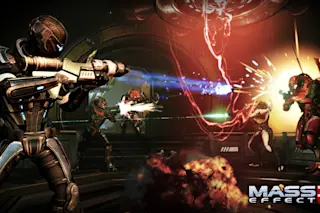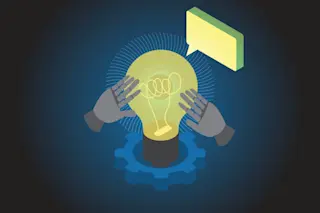Video games with cooperative gameplay such as "Mass Effect 3" could have pro-social benefits. Credit: Bioware / Electronic Arts Many Americans love to celebrate bone-crunching athletic games such as football that encourage strong social bonds among teammates of all skin colors. The idea of team games helping to cross racial barriers may also apply to violent video games that require gamers of different ethnicities to team up in order to successfully take down virtual aliens, robots or enemy soldiers. Most studies of violent video games have focused on how the virtual violence of shooting enemies in the head or performing knife kills up close may affect the real-life behavior of gamers in the short term. But some researchers suspect that the violent content of games may affect real-life behavior less than the social context of player cooperation or competition. For instance, a recent slew of multiplayer games such as the ...
Can Video Games Curb Racism?
Discover the cooperative gameplay benefits of violent video games in promoting pro-social behavior and reducing racism among players.
More on Discover
Stay Curious
SubscribeTo The Magazine
Save up to 40% off the cover price when you subscribe to Discover magazine.
Subscribe













